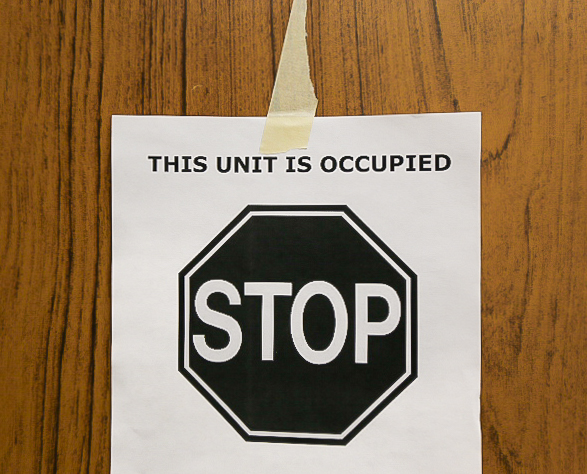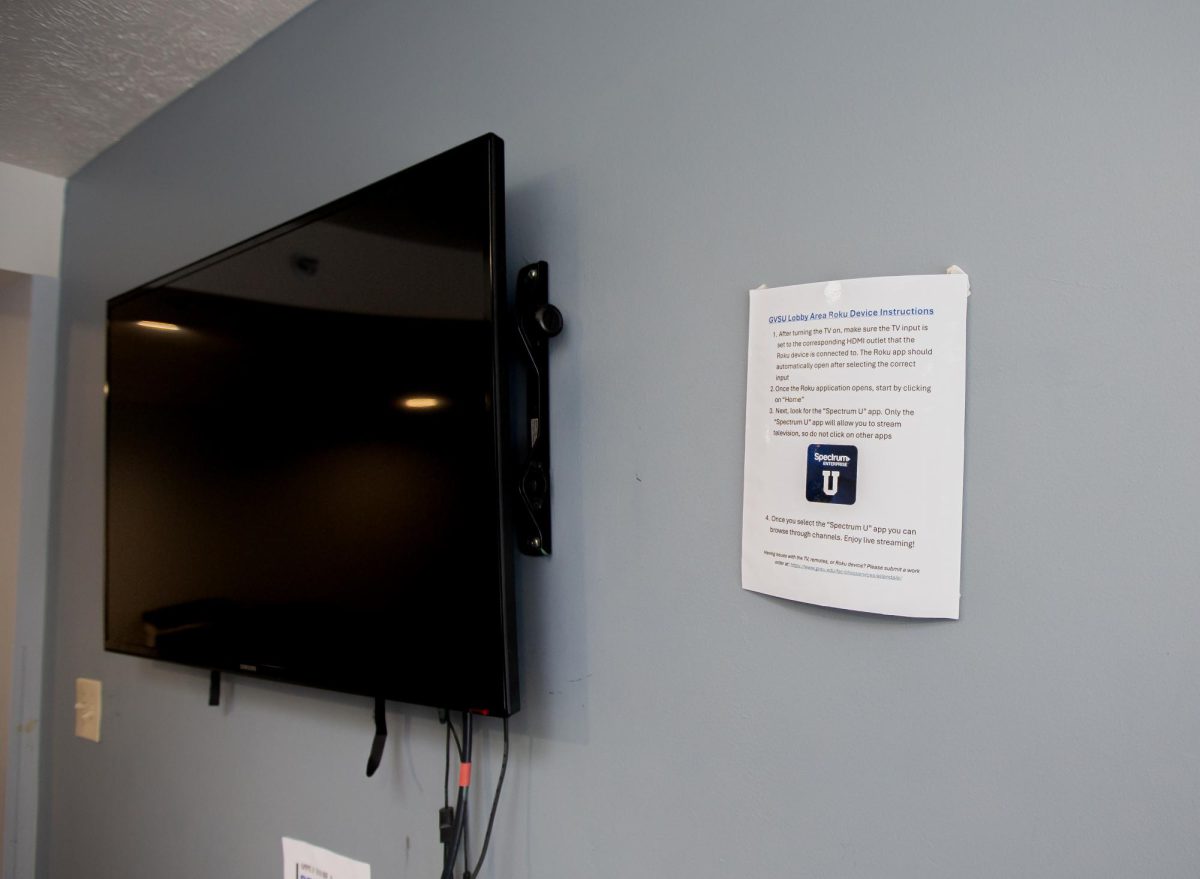Tips for writing assignments
Feb 9, 2015
With the winter semester well underway, the majority of Grand Valley State University students are no doubt already faced with various writing assignments. Many students consider papers and reports to be some of their most unwelcome homework.
This common sentiment is understandable: After all, the writing process is relatively unstructured, a characteristic which some find to be frustrating. As with most tasks, writing can become significantly easier if you try to impose some form and order on it. With that in mind, I’ve found that there are several helpful ways to organize and execute a writing assignment.
First, I always like to engage in a brainstorming process. On a scrap piece of paper, I record any and all ideas I have as I consider the topic of my paper. Once I’ve come up with a sufficient number, I try to narrow down what I’ve written and form a more concrete outline. Next, I write my thesis statement and topic sentences. Once I’ve completed these steps, I’m ready to delve into the more nitty-gritty writing.
I can’t offer too many tips as far as writing the bulk of a paper. It’s really as simple as getting off of Facebook and cranking it out. That’s certainly easier said than done, but that’s really all it takes — aside from understanding how to execute the basic mechanics of writing, of course.
Once you’ve finished writing, you need to edit your paper. I cannot overstate how important this final step is. I know too many students who simply turn in their work without performing a final edit, consequently failing to catch several simple mistakes that are instead spotted by their professors.
I understand that it can be hard to examine your own work objectively. Still, there are a couple of ways you can maximize your editing efficiency. First, if you can, you should give yourself enough time between finishing a draft and actually performing an edit so that you can examine your work with fresh eyes. Taking the time to “sleep on it” can help you catch mistakes that you otherwise might not have.
This means that you should avoid starting a paper the night before it’s due. Just about everybody does at some point or another, but it’s really better if you give yourself some more time to complete your work.
Another tip that I’ve found to be invaluable is actually reading a paper out loud. Hearing your work as opposed to just reading it can help you discover redundancies and other errors that can be hard to spot visually.
Finally, it can be very helpful to have somebody else read your paper and give you an objective opinion; you can bring your paper to the writing center or have a trusted friend look it over for you.
In the end, while the majority of students may dislike writing assignments, there are at least some ways that you can make the process of cranking out a paper somewhat easier. I’ve found that it’s helpful to brainstorm, construct an outline and give myself enough time to write the paper and employ editing strategies.

























